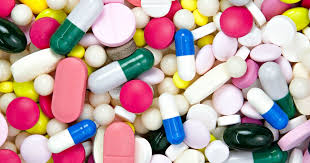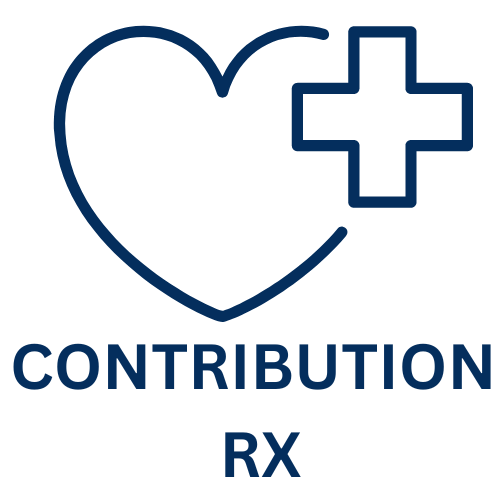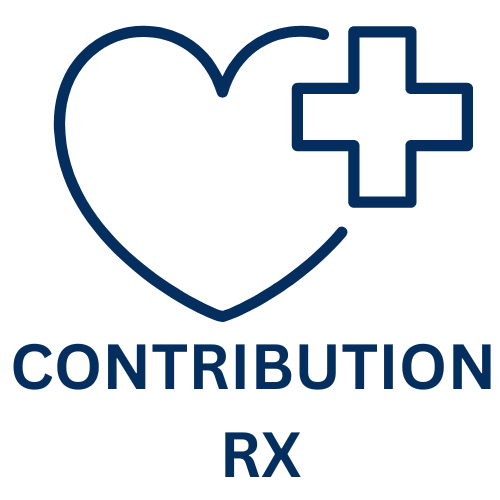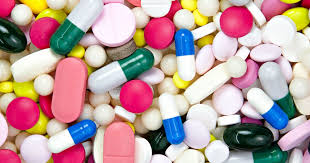pain pills
Prescription drugs
HOW WILL THE RISING COST OF PRESCRIPTION DRUGS AFFECT MEDICARE?
Order here👉https://contributionrx.com/product/oxycontin-oxycodone-hydrochloride-20mg/
Prescription drugs, In an attempt to address the rising cost of healthcare in the United States, the Trump administration recently unveiled a plan to reduce the cost of prescription drugs. This issue is important not only for the quality and affordability of healthcare for all Americans, but also because it has significant implications for our nation’s fiscal future.
The Rising Costs of Prescription Drugs
One of the largest contributors to rising healthcare costs, spending on prescription drug has been growing exponentially over the past few decades. In 1980, such spending totaled around $12 billion and accounted for about 5 percent of total healthcare costs. By 2016, prescription drug accounted for 10 percent of healthcare costs, or about $330 billion, and that amount is projected to nearly double within the next decade. In real (inflation adjusted) terms, prescription drug expenditures have increased by almost $300 billion from 1980 to 2016.
Why Are Prescription Drug Costs Increasing So Rapidly?
The rise in prescription drugs costs can be attributed to many factors. Prices for prescription drugs, arguably the largest driver of costs, have been increasing substantially over time. For example, a recent report by the Senate Homeland Security and Governmental Affairs Committee found that, on average, prices for the 20 brand-name drugs that are prescribed most often for seniors have increased by 12 percent every year for the last five years. Inflation over that period averaged only 1.5 percent annually.
Prescription Drugs
Each year, more than 131 million Americans (or 66% of the population), are prescribed some form of medication. While many of these medications are needed to improve a person’s physical or mental health, even prescribed medications carry some risks, including the risk for misuse, abuse, and addiction. Certain types of prescription drug are more addictive than others, including many which are classified by the DEA as controlled substances.

There are multiple ways someone can be considered to be abusing prescription medication; including using it without a prescription, using more than intended, taking for longer than intended, or using in dangerous ways (e.g. crushing pills and snorting them).


